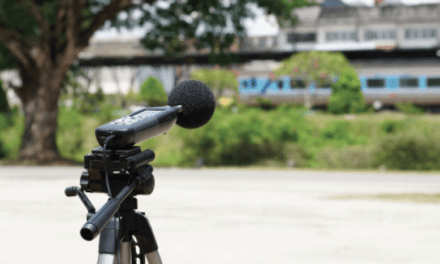Staff Standpoint | August 2023 Hearing Review
It’s an exciting time for the field of audiology, and I’m happy to be in a position to delve into and cover the nuances of what this means for hearing care professionals (HCPs).
The advent of over-the-counter (OTC) hearing aids and its widespread coverage in the media has of course put a spotlight on hearing healthcare, which is otherwise often an afterthought or seen as something unpleasant that people actively avoid. The current heightened awareness around this topic is an opportunity to educate the public about the importance of early detection of hearing loss and listening disorders, not to mention comorbidities.
I’ve heard from quite a few audiologists and industry insiders who have expressed the opinion that for many, OTC hearing aids will serve as an entrée to the world of hearing healthcare and what audiologists have to offer.
The availability of hearing aids without an office visit can make them seem more accessible and appealing to the uninitiated who might otherwise feel uncomfortable seeking out help for their hearing loss. And after testing the waters with OTC hearing aids, they might be more willing to take the next step and visit an audiologist for more customized care. This could be because they were unhappy with the fit or hearing quality of their OTC hearing aids, or because they were happy with them, and recognize that they need more specialized help later on as their hearing needs change over time.
Either way, this is a chance for audiologists to shine, and to provide additional hearing care that people might not even realize they need and will appreciate. Some audiologists are even selling OTC hearing aids in their clinics.
Another recent development in the audiology field that has generated buzz is the release of the ACHIEVE (Aging and Cognitive Health Evaluation in Elders) study’s results. They offer insight into the connection between hearing intervention and reducing cognitive decline in older adults with hearing loss. (Read more about the results here.) While this study is by no means the definitive word on the subject, the results seem promising and warrant further research that could provide more guidance on how HCPs could help patients at risk for cognitive decline.
Of course, most of the news headlines published about the ACHIEVE study focused on the fact that a 48% slowing of cognitive decline was observed in one group that received hearing intervention, which caught the attention of many consumers.
I believe this, along with the relatively recent introduction of over-the-counter hearing aids, will help to increase awareness of hearing loss and how instrumental hearing care professionals can be in improving patients’ quality of life in so many ways.
None of this is likely new to you. This is more of a reminder that The Hearing Review will be here to help you navigate the way the audiology landscape continues to change and evolve.
If you are interested in writing for The Hearing Review or have any suggestions for topics we should cover, feel free to contact me directly at [email protected] as well as Associate Editor Andy Lundin at [email protected].
— Melanie Hamilton-Basich, Editor-in-Chief
Photo: Dreamstime





